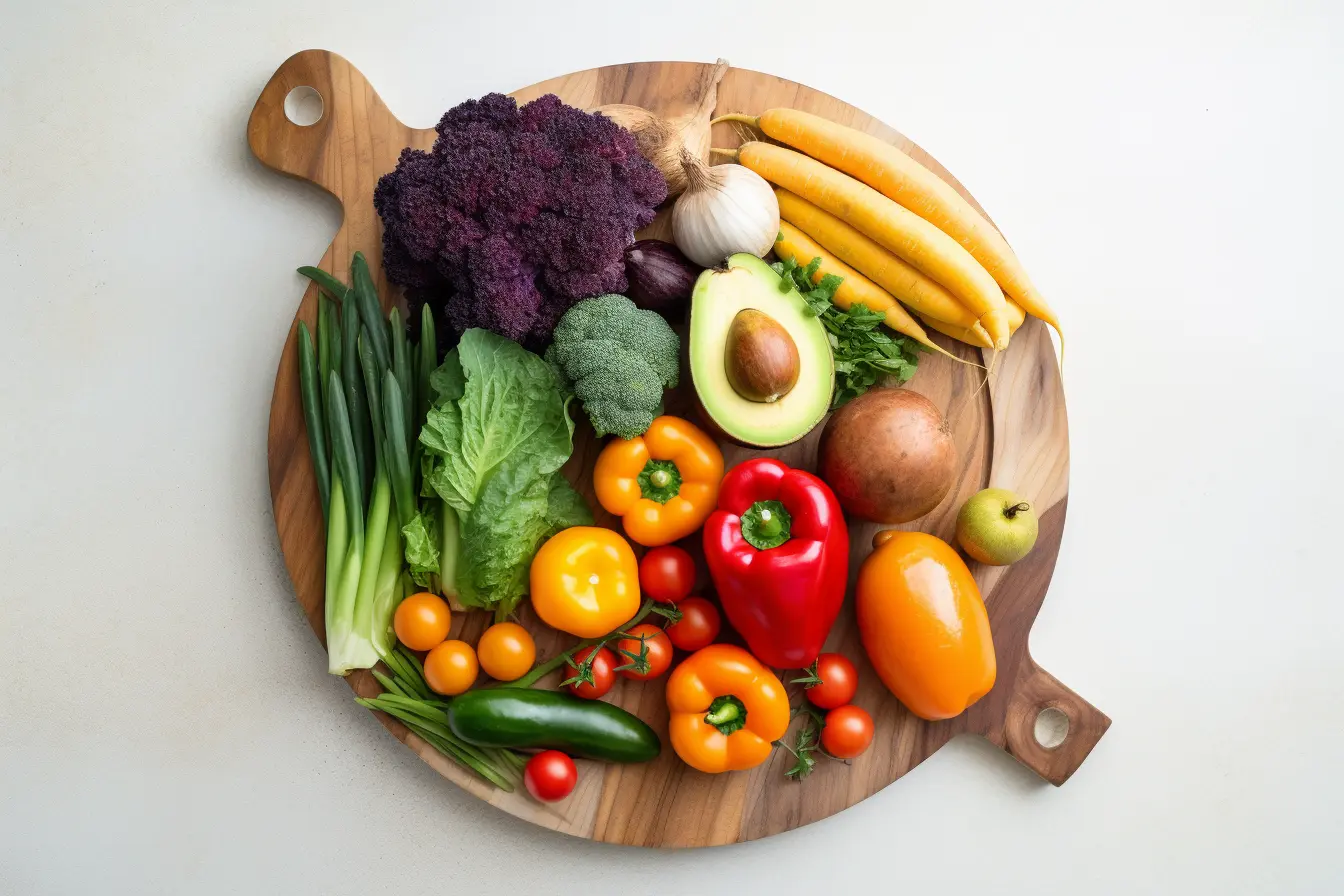- Authors

- Author
- Author
- Name
- Zuzana Slobodova
- Published on
15 Tips On How To Reduce Food Waste

Managing food waste in your home can be difficult. Here are some tips on how to reduce your food waste. This way you are not only helping the planet but will also save money.
Educate Family
Get your family involved in reducing food waste. Encourage them to take smaller portions, finish leftovers, and contribute ideas for using up ingredients creatively. The more everyone is on board, the more effective your efforts will be.
Plan Meals
Planning meals in advance helps you make intentional choices about what to buy and cook. Consider your schedule and plan meals that use similar ingredients, which minimizes waste and allows you to create a shopping list tailored to your needs. This tip is also helpful with budgeting your spending, and you know that you will use everything you will invest in.
Proper Storage
Knowing how to store different foods properly can extend their shelf life. Keep vegetables crisp by storing them in the crisper drawer, and use airtight containers for leftovers to maintain freshness. Always take your vegetables out of the plastic wrapping and place herbs in jars with water to prolong their freshness.
Use Leftovers Creatively
Leftovers don't have to be boring. Get creative by repurposing them into new dishes. For example, turn roasted chicken into a hearty salad or transform yesterday's stir-fry into delicious wraps for lunch. There are so many ways you can reuse yesterday's food!
Practice FIFO
The "First In, First Out" principle encourages you to use older items before newer ones. This prevents items from getting forgotten at the back of your pantry or fridge and ensures that nothing goes to waste. As soon as you bring new groceries home, stock them in the back of the pantry so you use the older ones first, and nothing goes to waste.
Freeze Extra Portions
If you find yourself with excess food, such as a large batch of soup or extra cooked rice, consider freezing individual portions. This not only prevents waste but also provides convenient meals for busy days. You can freeze almost every meal and use this also as meal prep.
Use Scraps
I’m sure most of you already saw this great hack! Vegetable peels, stems, and meat bones can be transformed into flavorful stocks and broths. Collect these scraps in a bag in your freezer and use them to enhance the taste of your homemade soups and sauces.
Monitor Expiry Dates
Regularly check expiry dates on products, especially perishables like dairy and meats. Prioritize consuming items that are approaching their expiration to avoid unnecessary waste. Doing this every other day or moving foods with close expiration days to the front of the fridge can prevent forgetting about it.
Portion Control
Be mindful of portion sizes when cooking and serving meals. Starting with smaller portions and allowing seconds if needed reduces the likelihood of uneaten food ending up in the trash. If you are not good with eating your leftovers, try to cook that way so that you don't have any!
Donate Unwanted Food
It's understandable that sometimes you buy something and you don't use it or you don't like the taste of it. If you have non-perishable items that you won't use, consider donating them to local food banks or shelters. This ensures that the food goes to those in need rather than being wasted.
Composting
Composting is a great way to reduce organic waste. Create a compost bin for items like fruit and vegetable scraps, coffee grounds, and eggshells. The resulting compost can enrich your garden soil and reduce the need for chemical fertilizers.
Revive Wilting Produce
If you have wilted vegetables, don't throw them away just yet. Submerge them in ice water for a few minutes to refresh and crisp them up. Wilted greens can also be used in smoothies or sautéed dishes!
DIY Snacks
Make your own snacks like granola bars, trail mix, and yogurt parfaits. This not only allows you to control the ingredients and reduce packaging waste but also saves money compared to buying pre-packaged snacks. This way you can prepare the mix which suits you the best.
Smart Shopping
Buying in bulk can reduce packaging waste and save you money in the long run. Additionally, shop with a focused list to avoid purchasing items on impulse that may go to waste.
Reorganize Pantry
Keep your pantry organized and items visible so you're aware of what you have. This prevents items from getting lost behind other products and ensures that you use them before they expire. Always move old items in the front once you bring new ones from a grocery store.
Summary
By incorporating these strategies into your daily routine, you'll not only reduce food waste but also cultivate a more sustainable and mindful approach to eating and cooking at home. Managing your food waste is good for the planet but also for your wallet, since most of these tips will help you save money!